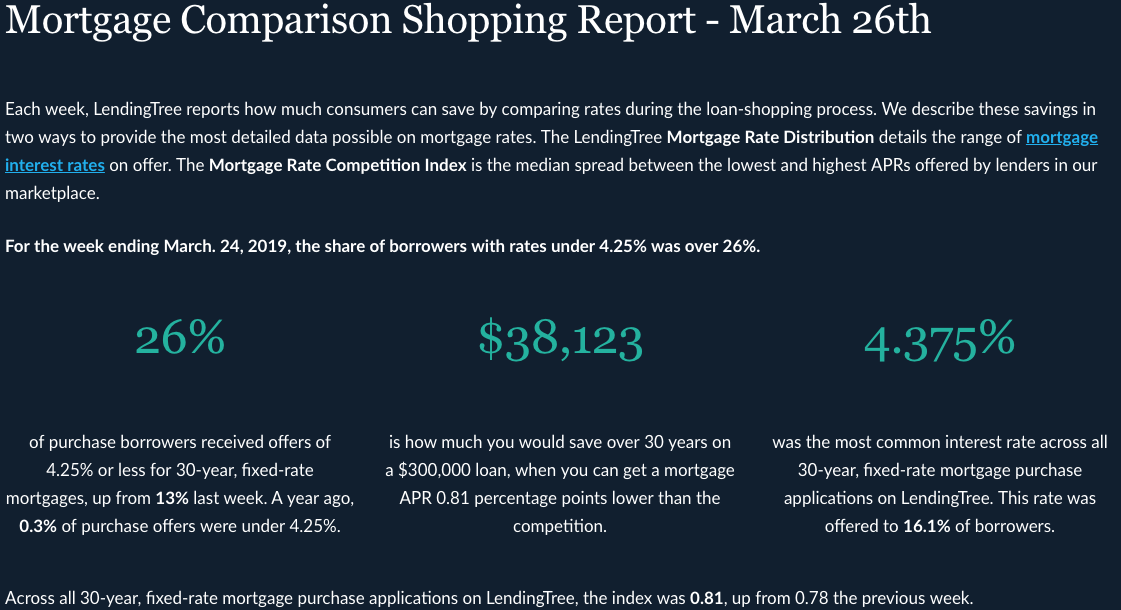A Home Mortgage Capital Commitment (MCFO) is a type of mortgage pass-through unsecured general obligation bond that has numerous classes or tranches. MCFOs use cash circulation from a pool of mortgages that create earnings to pay back investors their principal plus interest. Payments are received from home mortgages in the pool and handed down to holders of the MCFO security.
MCFOs do not hold a lien on the mortgages held by the security. They are merely obliged by contract to utilize the earnings from the home loans to pay their financiers. MCFO owners have no legal rights to the actual underlying home mortgages, therefore MCFOs are riskier than CMOs. Like CMOs, MCFOs are a form of mortgage-backed security produced through the securitization of specific residential mortgages that draw interest and principal payments from that particular swimming pool of mortgages.
Like CMOs, MCFOs plan https://www.inhersight.com/companies/best/reviews/flexible-hours home mortgages into groups with various payment characteristics and risk profiles called tranches. The tranches are paid back with home mortgage principal and interest payments in a defined order, with the greatest ranked tranches coming with credit enhancement, which is a kind of protection against prepayment danger and payment default.
The stated maturities of MCFO tranches are identified based on the date when the final principal from a pool of home mortgages is expected to be settled. But maturity dates for these types of MBS do not take into consideration prepayments of the hidden home loan and hence may not be an accurate representation of MBS dangers.
CMOs, MCFOs and other non-agency mortgage-backed securities those home loan bonds not backed by the government-sponsored enterprises Fannie Mae, Freddie Mac or Ginnie Mae - were at the center of the financial crisis that caused the personal bankruptcy of Lehman Brothers in 2008 and led to trillions of dollars in losses on home loan and millions of property owners losing their homes to default.

In December 2016, the SEC and FINRA announced new rules to dampen MBS danger with margin requirements for CMO and related MBS deals.
Facts About What Law Requires Hecm Counseling For Reverse Mortgages Revealed
A home mortgage pool is a group of mortgages kept in trust as security for the issuance of a mortgage-backed security. Some mortgage-backed securities issued by Fannie Mae, Freddie Mac, and Ginnie Mae are called "swimming pools" themselves. These are the simplest type of mortgage-backed security. They are likewise understood as "pass-throughs" and sell the to-be-announced (TBA) forward market.
Mortgage swimming pools, which are groups of home loans, tend to have similar qualities, such as issuance date, maturity date, etc. While mortgage-backed securities are backed by mortgage collateral with similar qualities, collateralized financial obligation obligations are backed by security with varying characteristics. A crucial advantage of mortgage swimming pools is that they supply investors with diversification.
Home mortgage swimming pools are comprised of home mortgages that tend to have comparable characteristicsfor instance, they will normally have near to the same maturity date and rates of interest. As soon as a loan provider completes a mortgage transaction, it generally offers the mortgage to another entity, such as Fannie Mae or Freddie Mac. Those entities then package the home mortgages together into a mortgage pool and the home mortgage pool then serves as security for a mortgage-backed security.
A CDO is a structured monetary product that pools together cash flow-generating properties and repackages this asset swimming pool into discrete tranches that can be offered to investors. A collateralized debt responsibility is called for the pooled assetssuch as mortgages, bonds and loansthat are essentially financial obligation commitments that act as security for the CDO.
Home loan pool funds are good for financiers looking for real estate exposure since they are a low-risk investment that moves independently of a stock and bonds and provide a foreseeable month-to-month earnings. Home loan swimming pool fund loans are secured by real estate and are referred to as tough cash due to the fact that unlike most bank loans (which count on the creditworthiness of the customer), difficult cash loans think about the value of the underlying residential or commercial property.
Since of their shorter terms, difficult cash loans are less prone to being impacted by rates of interest swings, which means it is a more foreseeable and reputable capital. Like pointed out above, home mortgage pool funds differ, where some concentrate on particular residential or commercial property types, while some are more basic. These difference can impact risk and return, so it is necessary to look into the various home mortgage swimming pools before diving in.
About When Did Subprime Mortgages Start In 2005
There's absolutely nothing much better than marching your back entrance on a hot summer season day and leaping in your own pool. But be cautious when seeking to purchase or re-finance a house with a pool. That swimming pool can cause hold-ups in the mortgage process, or drown your loan application completely.
Stubrud worked with a client who wanted a reverse home mortgage, but had an empty, aging swimming pool on the residential or commercial property. Reverse mortgages follow FHA guidelines, which are specific about pool. "They don't desire it to be a health threat or a security risk that there's a big open hole in the ground." So what did the customer do? "How they handled it was that they filled it in," states Stubrud.
The swimming pool ceased to exist. There were no other alternatives for this aging house owner who didn't have the cash to get the pool in working order. But Stubrud states the customer did raise an alternative idea. "They in fact wished to keep it and they were going have this below ground greenhouse.

Lots of property owners believe that what's on your residential or commercial property is your company. While that's partly real, you welcome analysis to practically every inch https://www.trustpilot.com/review/timesharecancellations.com of a house when you decide to finance it with the loan provider's cash. It's true for FHA loans as well as any other loan type. It boils down to security.
A pool that is a falling danger or is a breeding place for germs is a hazard to the health of the residents. Not to discuss it opens the house owner approximately lawsuits (what are the main types of mortgages). The exact same requirements would apply to things like a missing out on stairs outside the back door, missing out on handrails, or exposed lead-based paint.
Repairing the swimming pool to get it into working order will permit the loan process to continue. When buying a house, this might be a tricky scenario. It's risky to use your own funds to make repair work on a home that's not yours yet specifically pool repairs which can vary from a couple of hundred to a couple of thousand dollars - what beyoncé and these billionaires have in common: massive mortgages.
The How Is The Average Origination Fees On Long Term Mortgages Statements
There may be another way to make repairs, nevertheless. "The customer will need to obtain a bid for the needed repairs," states Sarah Bohan, VP of Corporate Relations at MSU Federal Cooperative Credit Union. "If the repair work are scheduled to happen after the closing, the lending institution will generally ask for to hold 1.
You get back any money left over after everything's done. But do not rely on this option, says Bohan. "Lots of loan providers are unable to enable repairs after the home loan closes because they sell their loans on the secondary market and need to provide the loan within a set timeframe." Ensure your lender permits for repairs after closing before you accept purchase a house with a decrepit pool.